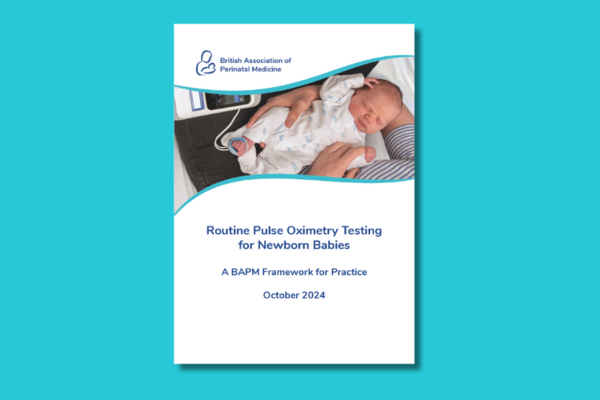Routine Pulse Oximetry Testing for Newborn Babies
A BAPM Framework for Practice.

Hypoxaemic conditions such as cardiac, respiratory and infective diseases remain a significant cause of death in the early neonatal period. Hypoxaemia is readily detected by pulse oximetry. Pulse oximetry has been shown to be a safe, quick, simple non-invasive test with high specificity and moderate sensitivity for detecting critical congenital heart defects (CCHD) in pre-discharge newborn babies.
This Framework for Practice has the following aims: